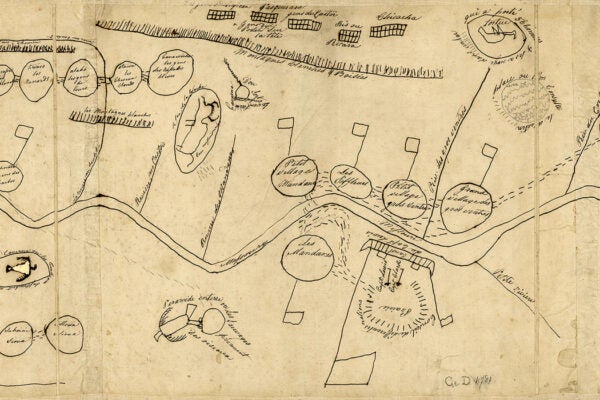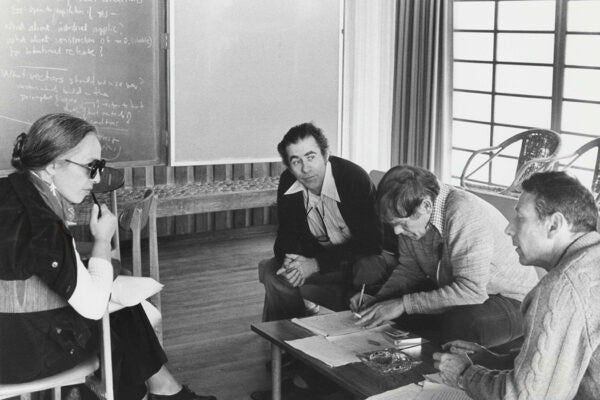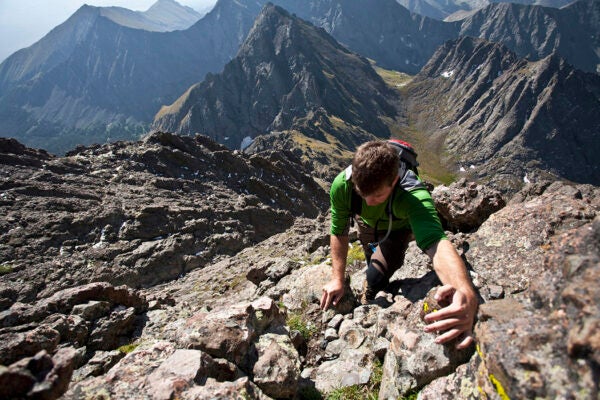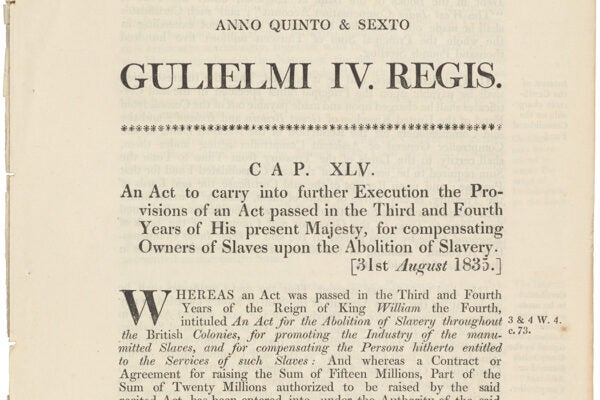Mapping “Indian Country”
In the early 1800s, the Native people of the Plains region didn’t generally think about their land in terms of tribes, territories, or racial difference.
Citizen Journalism: A Reading List
The ubiquity of smartphones has ushered in a new era for journalism—facilitating citizen journalism and changing the very nature of reporting.
One Thousand Years of Domelessness
For more than 900 years, between the fifth century and the Renaissance, Romans didn’t cap their buildings with domes. Why?
Healing Dance at an African Church in Ireland
For congregants at the Yoruban-influenced Christ Apostolic Church in Dublin, sacred dance is a form of mental health care.
The Legacy of Asilomar
The 1975 scientific conference laid the ground rules governing the next half century (and counting) of biological research and public scrutiny of it.
How Science Might Help Keep Wild Places Wild
Recreation researchers are studying how to minimize human impact on public lands while maximizing accessibility.
Working on Marriage, Popular Novels, and Insectageddon
Well-researched stories from Vox, Sapiens, and other great publications that bridge the gap between news and scholarship.
Imperfect Memories of British Slavery
British abolition in 1833 was accompanied by £20 million paid in compensation to slaveholders, many of whom subsequently "forgot" slavery ever existed.
Joshua May and the Search for Philosophical Nuance
In his teaching and his research, philosopher Joshua May reminds us that binary, all-or-nothing arguments often rest on false dichotomies.
“Kapow!” It’s Time for Cross Reference
This month’s crossword puzzle features an onomatopoeic opener!









